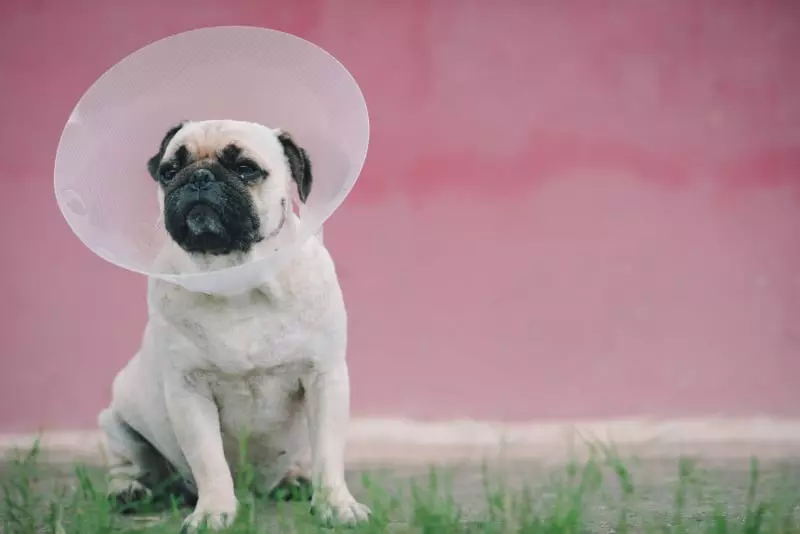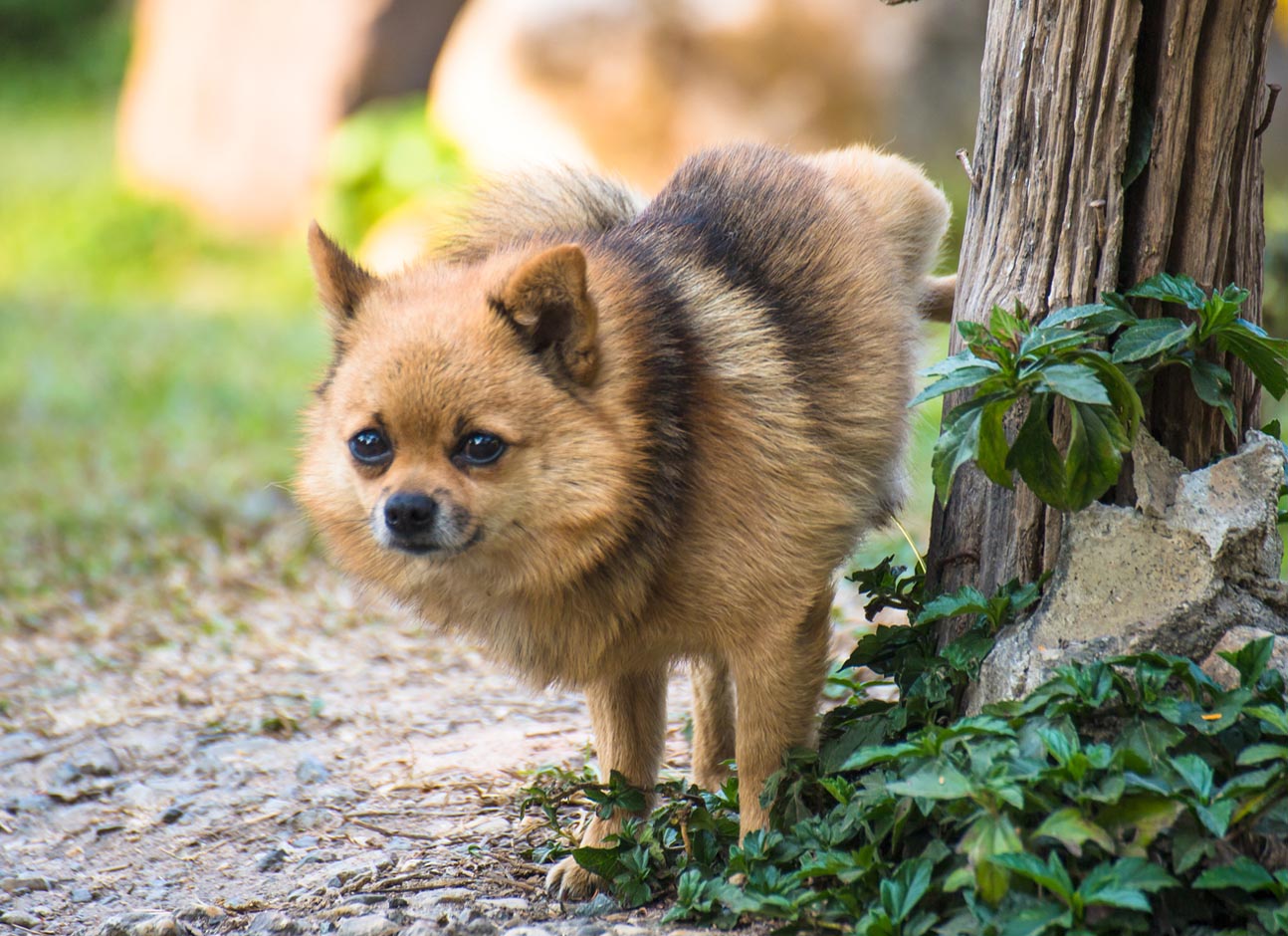Reviewed by Dr. Sarah Yosry
Updated on 09/24/2024
Reading time 4 min.
Overview
Severity: Low
Life stage: All
Your dog might be peeing more after being neutered or spayed. This is common and not necessarily a bad thing! If you think about it, it’s a good sign that your dog isn’t in pain. Dogs pee more after being neutered or spayed because of their hormones—they release less urine when they’re not pregnant or nursing puppies as much as they did during pregnancy or lactation.
Do dogs pee more after being neutered or spayed?
The answer to this question is yes, your dog will pee more after neutering or spaying. It’s normal for him to be peeing more because the hormones that control his urge to pee are gone. After being neutered or spayed, it may take a few days for your dog’s bladder to get back to normal so he can stop leaving wet spots on the floor and furniture in his home.
Why might my dog be peeing more after being neutered or spayed?
Dogs are typically restless after having a neuter or spay procedure, but that’s normal.
It’s common for them to pee more than usual after their surgery, especially if it was done at the same time as another medical procedure or if you’ve put them through some other form of stress in the weeks following their surgery.
It also makes sense that your dog will likely pee when no one is home—they want some alone time!
What to do about my dog peeing more after being neutered or spayed?
If your dog is peeing more than usual after being spayed or neutered, take it to the vet for a checkup. They’ll be able to tell you why this is happening and how best to treat it.
If you’re worried about your dog’s water and food intake, maybe try offering different kinds of food instead of just wet food (like canned). If that doesn’t work, ask someone at the store where they buy their cat food if they have suggestions for other foods that might suit dogs and cats better than those sold in pet stores. And while we’re talking about diet: keep an eye on what’s happening when changes are made about one another; this includes things like activity level or stress level—those factors could play into whether or not something like pregnancy occurs later down the road!

Common side effects and benefits of neutering or spaying
It’s a good idea for many reasons, but after neutering or spaying, your dog may experience some of the following side effects.
Conclusion
Now that you know why your dog might be peeing more after being neutered or spayed, you can do a few things to help him feel better. First, try some of the remedies we mentioned above, such as bathing him or changing his diet. If none of these work for your dog, then consider making an appointment with your vet so they can run tests on his urine and figure out what’s causing it.
Our Modern Vet Palm is located just 5 minute walk from the University of Wollongong. You can drive here by car from Jumeirah, Safa Park, and Abu Dhabi City Tour for just a few minutes.
Take a responsible step towards pet population control. Learn more about our Spay & Neuter services today.
Take the next step in ensuring your pet’s well-being by exploring the wealth of information about our vet clinic in Dubai. Your furry companion deserves the best – delve into the details of our services and make informed choices for a lifetime of health and happiness.
Share this, choose your platform!
Writen by
Dr. Sarah Yosry
DVM
A product of a rich Australian/Egyptian heritage, Dr. Sarah Yosry stands as a testament to the union of diverse cultures and a shared love for animals….


